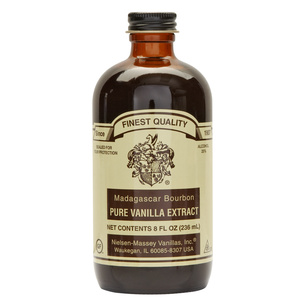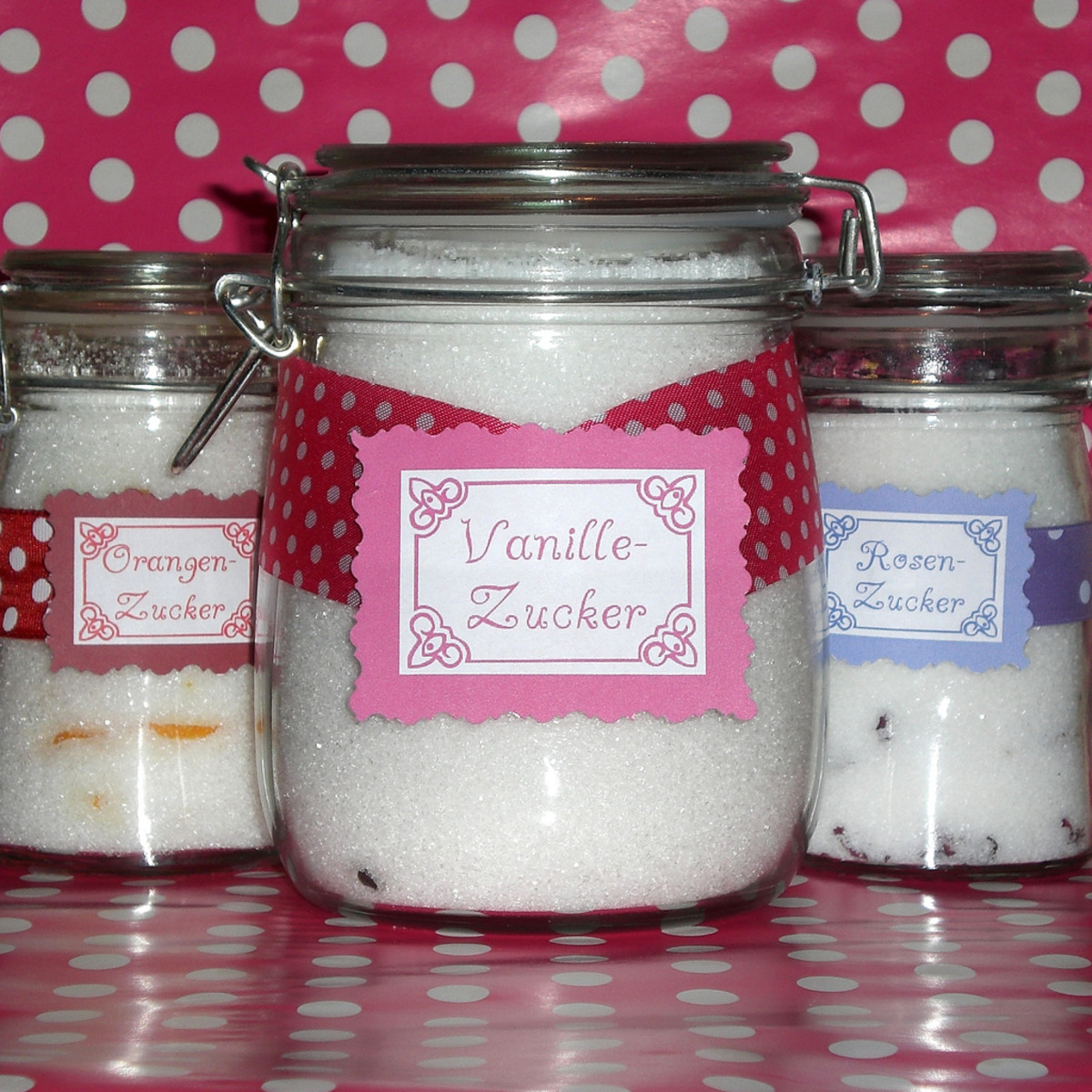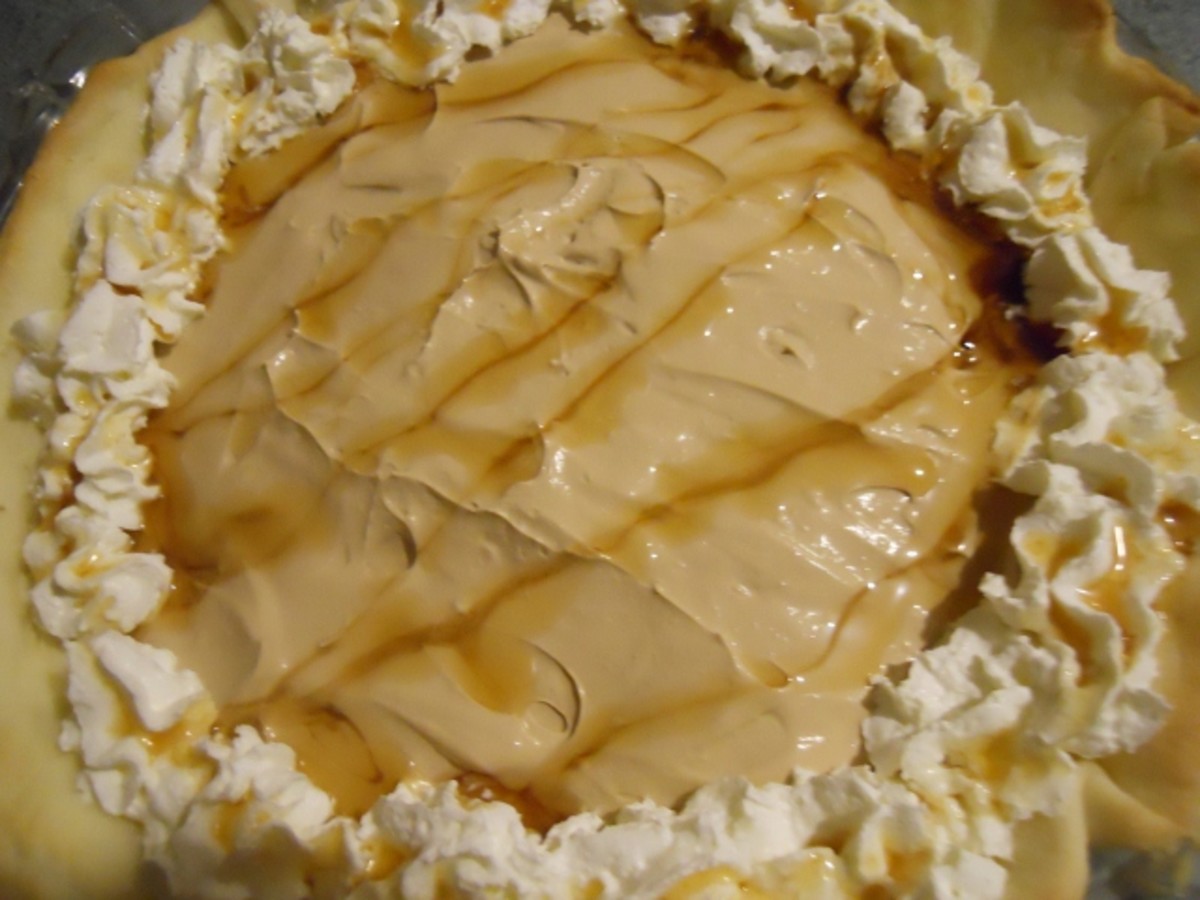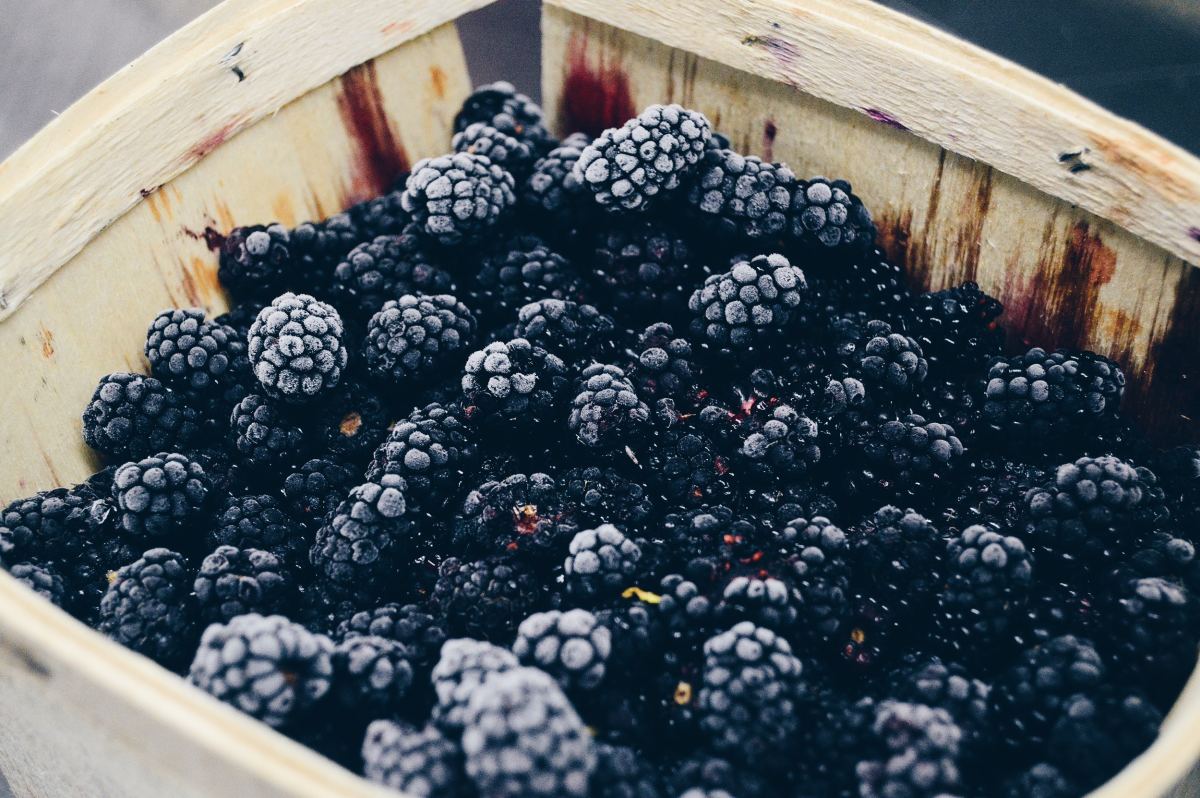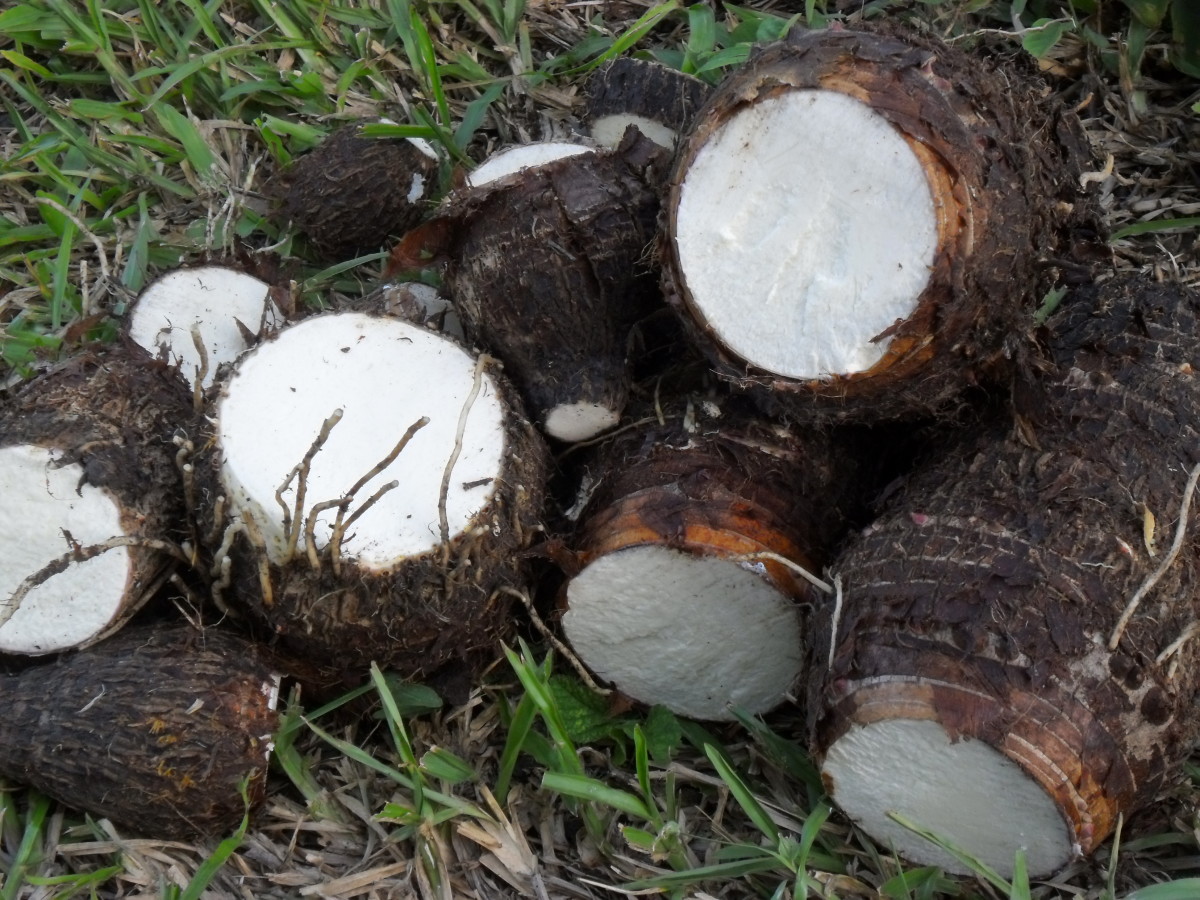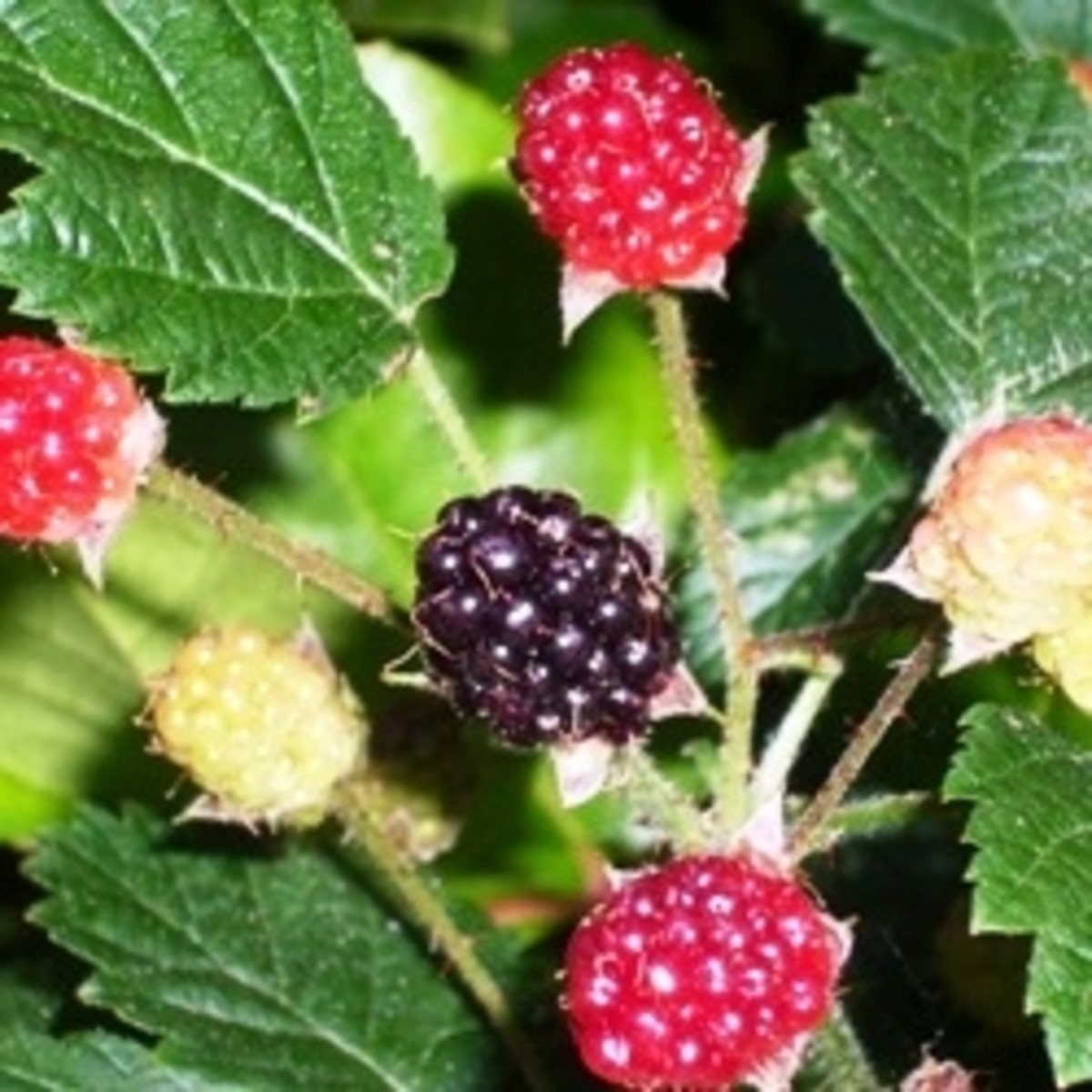Vanilla Extract
Vanilla extract is the most common form of vanilla flavoring found in foods today. Vanilla itself originates from Mexico, where it was spread to the Spanish, and through the Spanish, to Europe. Vanilla extract is an easy way to add the flavor of vanilla to a dish without going through the expense of using vanilla bean, too. To date, vanilla is the world’s most popular flavoring.

Types of Vanilla Extract
Like any flavoring, there are numerous types of vanilla extract.
By U.S. standards, a vanilla extract cannot claim to be “pure” unless it contains 13.35 ounces of vanilla bean per gallon of extract, whereas imitation vanilla extract is made by soaking vanillin out of wood containing the flavor, using alcohol.
Regional vanilla extracts carry differences in flavor. The largest producer of vanilla extract is Madagascar – chances are this is the flavoring you are used to tasting in a vanilla. Tahitian vanilla is floral in flavor, where Mexican vanilla tends toward a more earthy taste.
How is Vanilla Extract Made?
As mentioned above, imitation vanilla extract is made by soaking vanillin-bearing wood in alcohol. There are two primary methods of making pure vanilla extract: Cold percolating, and bean heating. These processes occur after a three to six month curing period where the beans are boiled and heated in the sun, then sweated through blankets. Curing the beans causes them to reduce to as small as 400% smaller than they began.
Cold percolating involves the introduction of pure grain alcohol (or ethyl alcohol) to vanilla beans. This meeting of materials spans 48 hours or so. The other common method is to heat the beans and steep them in the alcohol. Vanilla extracts feature sweeteners, and the sweetener chosen depends on the maker. Cane sugar and corn syrup are the two most common sweeteners used in making vanilla extract.Other types of vanilla extract
Vanilla extract can also be acquired in varying strengths. Most common is the single strength variety, conforming to the USDA standards for vanilla extract. You can also pick up double or higher strength, which contains a higher ratio of beans to liquid.

